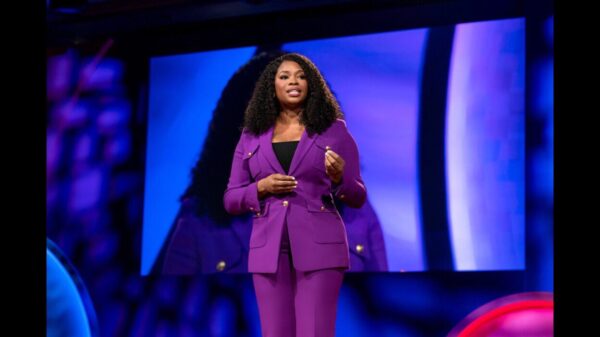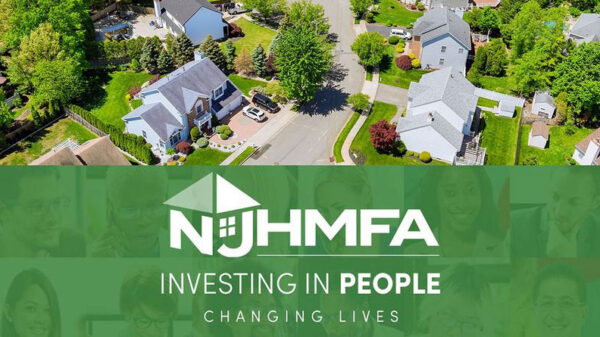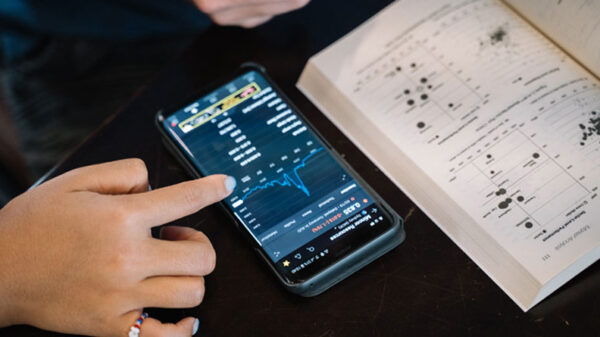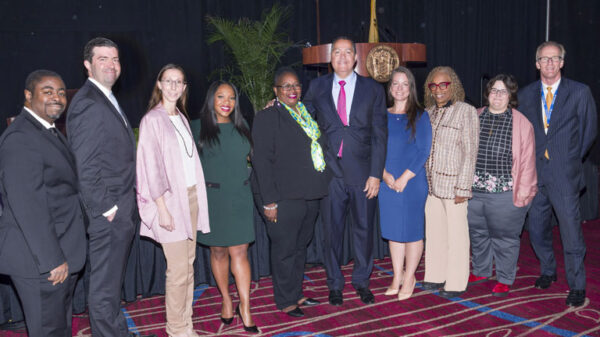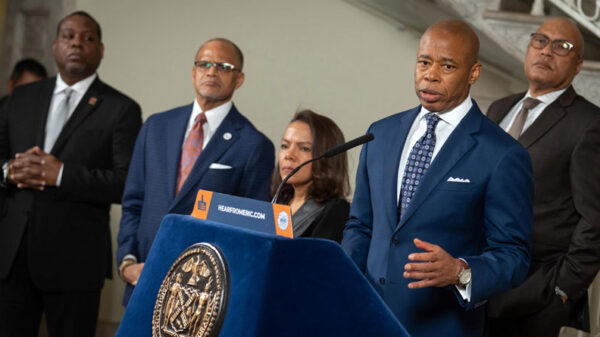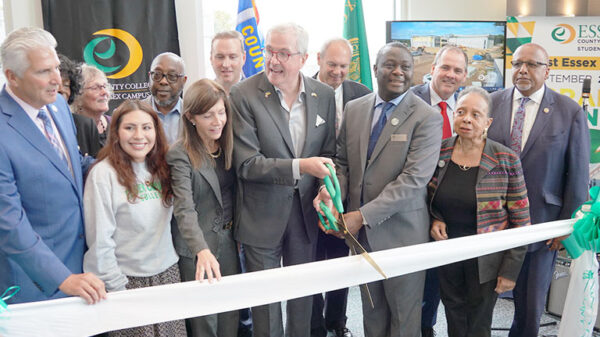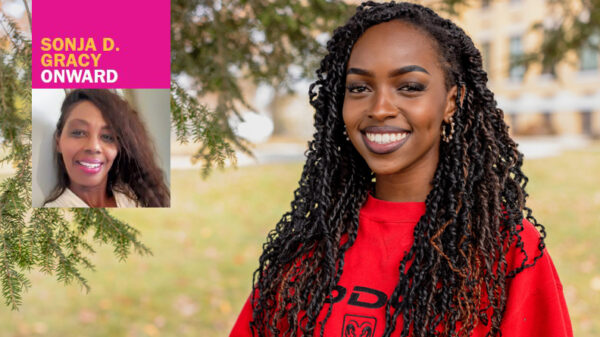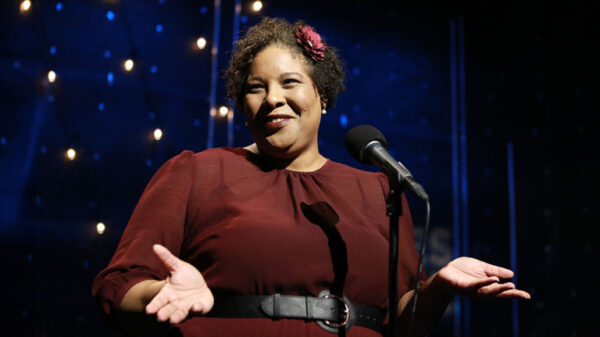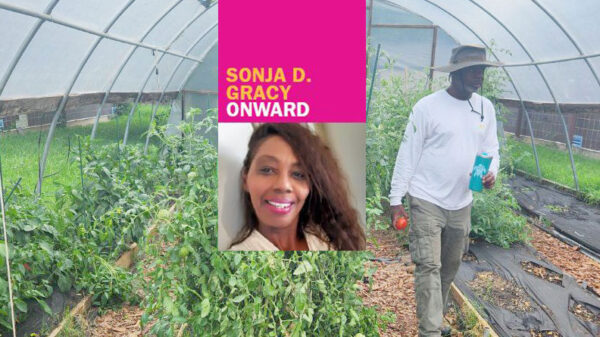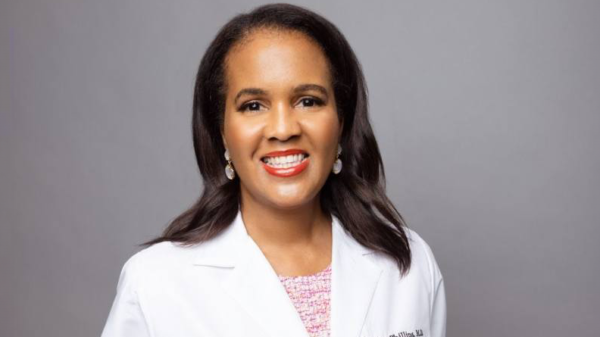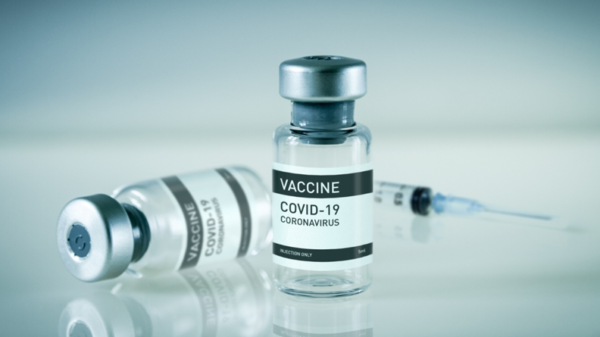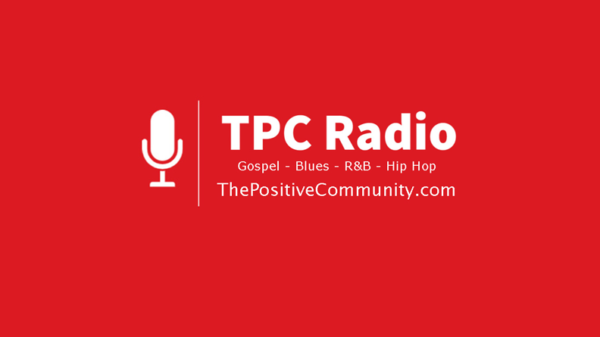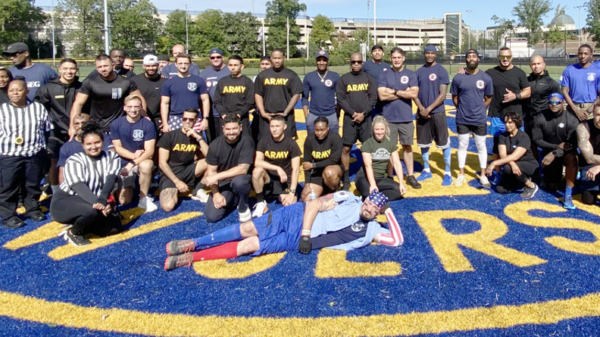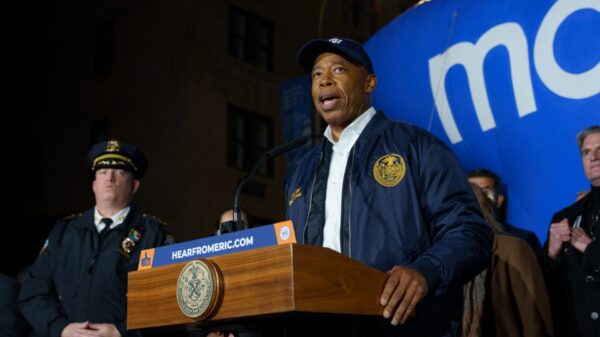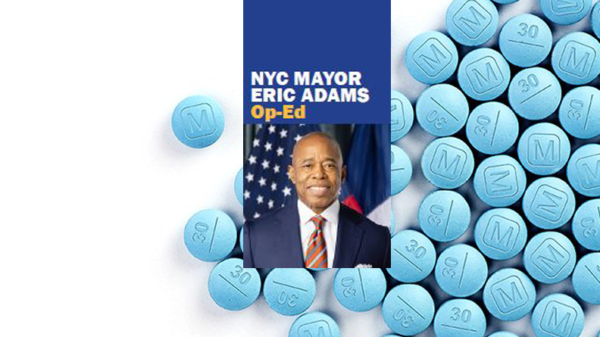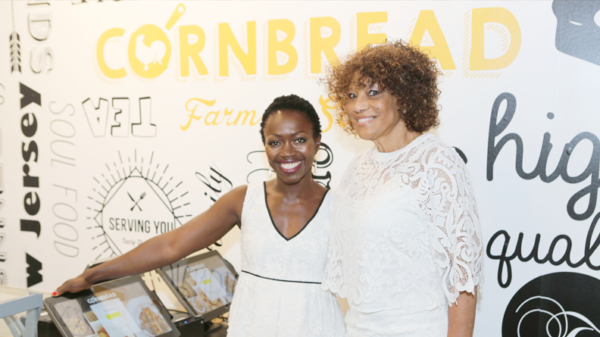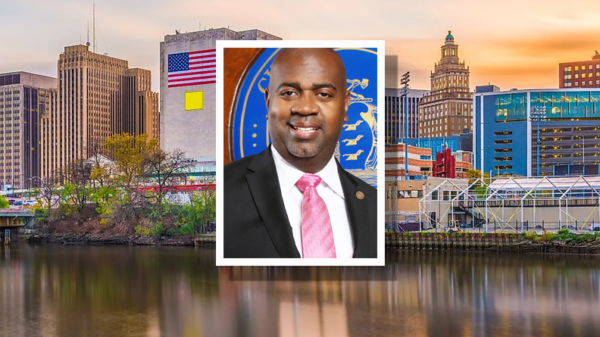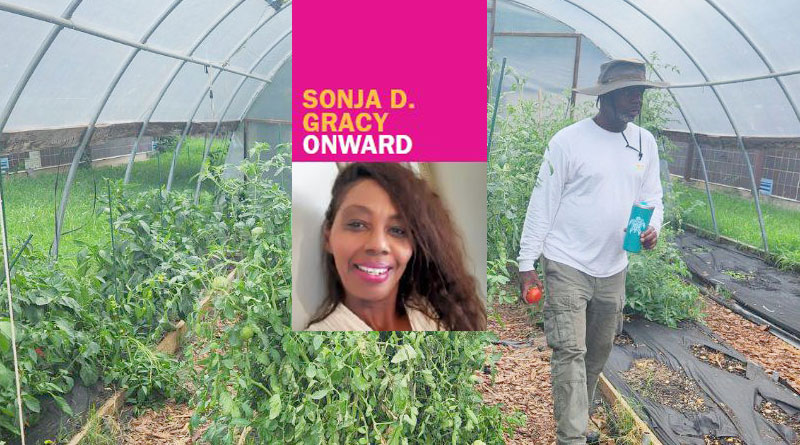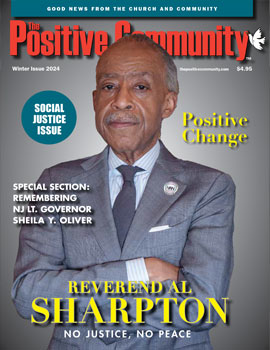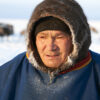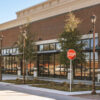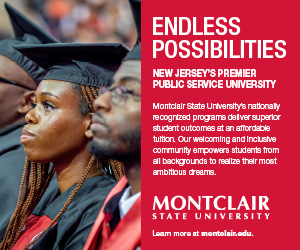Sonja D. Gracy, author, playwright, and NYC public school teacher is currently working on her next book God and the Girls.
One of the nicest things heritage can bequeath us is a good cousin—I have several, thank God. One who impacted me growing up was my cousin “Kevin” or “Kev” as we liked to call him. A few older relatives dubbed him “Disco Kev,” as even when a teenager, Kevin possessed a confident, cool air well beyond his young age. Kevin was the kind of older cousin who would come home from school first, and like clockwork, fix my sister and me tasty afternoon treats of pancakes and bacon, or french toast and scrapple (yes, scrapple—it was a Philly thing then) or, he’d treat us to Philly’s signature hoagies. He was about fourteen then—fun, nuturing, popular, and very protective. On the streets, he was known for being “good with his hands” and was a bit audacious, too. Sitting on the steps of the row home we shared as kids, we’d watch him with awe under the branch of tree that yielded tiny clusters of crab apples, instantly assume a slightly bent posture and menacing gaze for a peppy, impromptu slap box. Kev could outbox guys older than he with jabs he’d deliver with cheetah-like speed—and that was when he was playing. When he wasn’t, it would rain knuckles. He was lovable, caring, and lightning quick. My ten-year-old sensibilities imagined him a teen giant. From cooking to slap boxing, I fondly recollect Kev being good with his hands.
“We like to grow things we can get a large harvest from. We don’t sell food. Everything we grow we give away, and the more we produce, the more we can share.”
We’re all grown up now, and Cousin Kevin is still good with his hands. Today, Kevin Alsop is the CEO and founder of Maryland-based Nemas Gardens urban agricultural firm. Nemas Gardens operates as a social enterprise, partnering with schools and the community, educating the old and the young on how to grow produce and care for the environment in ways that optimize their well-being, mindfulness, and connections with one another.
I asked Kev what turned a tough, Philly-bred, city-kid like him toward a passion for the gentle pleasures of gardening. He believes it’s a combination of his focus on health and an in-bred steeliness that flourishes at Nemas Gardens. “I turned to urban farming because I wanted to take better care of my own health. I understand what I eat is a major component of that. And it’s not just what you eat,” said the Nemas Gardens founder, “it’s knowing what’s in your food and where it comes from that matters. So in 2014 I became intrigued and started growing food on my deck. I started with tomatoes and peppers and had very little success. That Philly toughness came through.”
The feeble peppers and tomatoes he grew as an intrigued, garden deck hobbyist blossomed into a bountiful cornucopia that is now shared with others— free. “Nemas Gardens grows basic staples like tomatoes, peppers, onions, potatoes, beans, and garlic along with herbs and passionfruit,” said Kevin. “We like to grow things we can get a large harvest from. We don’t sell food. Everything we grow we give away, and the more we produce, the more we can share.”
Kevin fused his resolve to use agriculture to live heathily into a philosophy for communal beneficence. He believes the recent pandemic provided sufficient grounds for communities becoming stakeholders in urban agriculture. “At Nemas Gardens, our philosophy is whoever controls your food source controls you. We saw the fragility of the food system when we had food shortages due to the COVID-19 outbreak. We are still reeling from that. Many of our neighborhoods, particularly those of color, are considered food deserts, which means that there is no grocery store within three miles of that community,” Kevin said. “That alone impacts the neighborhood economically and physically. We believe if we can get the community to produce their own fruits, vegetables and herbs, that will begin to reverse the curse of the food desert issue in our communities.” He believes good produce is linked to good living because “we are what we eat” and adds that his vision is to continue to make an impact in the lives of the people his company comes across.
I am proud of what my cousin, Kevin Alsop, is doing for himself and his community. From teen giant to Green Giant, he apparantly had it in him along—big heart, same nimble hands.

